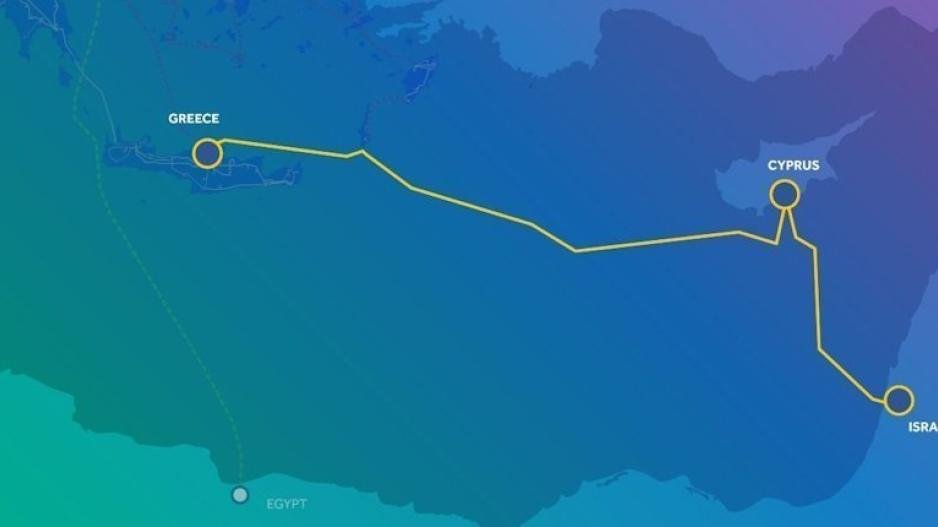The Renewable Energy Fund Can Sustain the Subsidy for the Great Sea Interconnector
It Can Potentially Support a €25 Million Subsidy for 5 Years Under Two Conditions.
There have been two major questions regarding the implementation of the Great Sea Interconnector:
First, how will it be funded during the construction phase? Second, what are the geopolitical risks, and who will bear the costs if the project is not completed?
Regarding the second question, it was addressed by the Energy Minister, George Papanastasiou, who, during the last session of the Parliamentary Trade Committee, mentioned that, at the moment, the risk lies with the project’s implementing body, namely ADMIE. However, this stance may change due to recent developments, including Nexans' warning of halting operations, which has led Greek and Cypriot authorities to engage in new discussions about the project's future.
As for the first question, which concerns the funding method, reports suggest that Greek and Cypriot authorities have reached a preliminary agreement during the recent consultations.
According to these reports, the project will not be funded by increasing energy tariffs for consumers but through the Renewable Energy Fund (REF).
This raises two further questions:
First, does the REF have the necessary resources to fund the project over the next five years until its completion? Second, is it legally able to do so?
According to available data, the REF has the necessary resources and can fund the project, provided that the reports about the fund being the source of financing are accurate.
More specifically, according to the data collected, the REF had reserves of €89 million as of December 31, 2023, while its subsidies and funding programs are expected to decrease over the next few years, balancing out from €111 million in 2024 to €75 million in 2025 and €54 million in 2026.
Additionally, a preliminary review of the law governing the fund suggests that it is legally allowed to subsidize the Great Sea Interconnector. At the same time, it appears that the fund does not receive the full amount of the revenues that the Republic of Cyprus generates from European emissions (ETS).
In conclusion, based on the above and according to economic experts, the REF can indeed finance the implementation of the Great Sea Interconnector with €25 million annually for five years, but under two conditions:
1. All revenues of the Republic of Cyprus should be transferred to the REF rather than being kept in the General Fund, and the €25 million expenditure must be balanced by equivalent reductions in other expenses.
2. There must be an accelerated reduction in expenses related to subsidies and programs (such as photovoltaic initiatives for all) to achieve savings that will maintain a reserve capable of financing the implementation of the Great Sea Interconnector.






